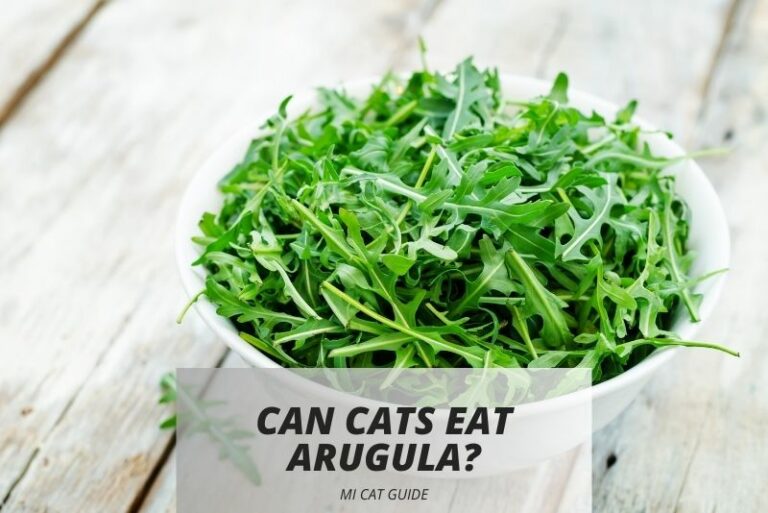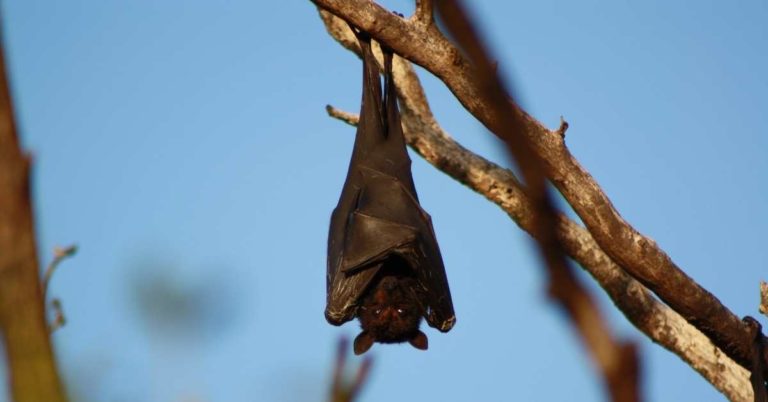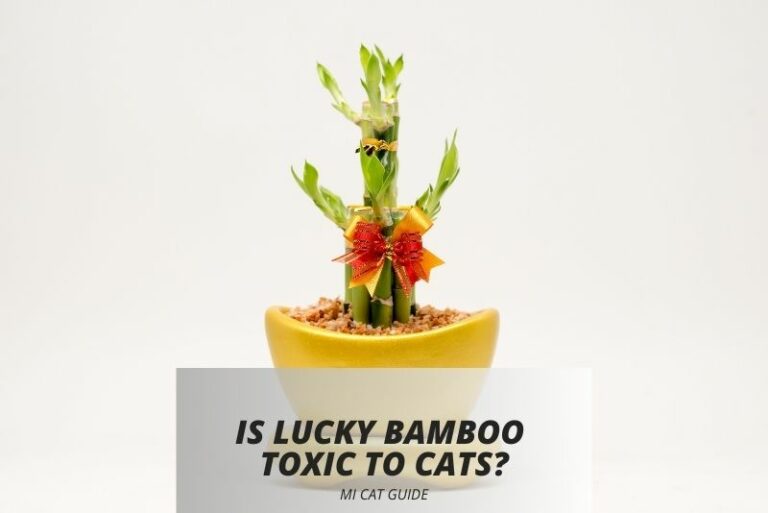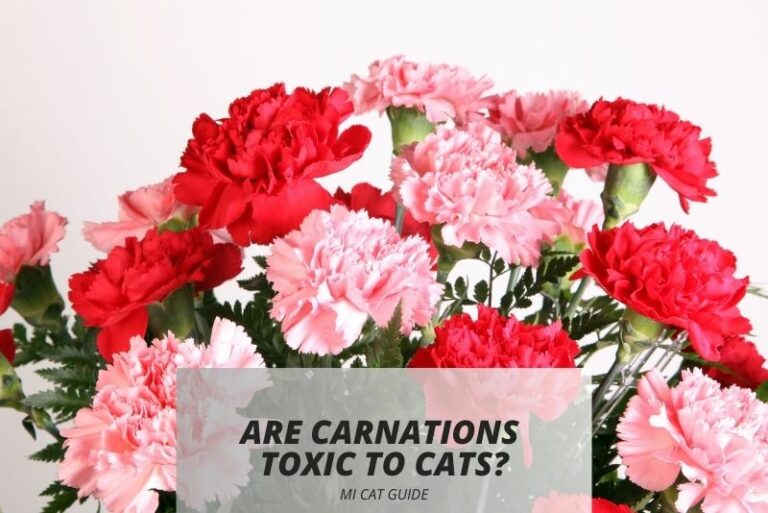Are Avocado Plants Toxic To Cats? (Treatment of Toxicity)
Yes, avocado plants are toxic to cats. Avocados contain a compound called persin, which is toxic for cats if ingested. Persin is a fungicidal toxin found in the leaves, fruit, seeds, and bark of avocado plants.
In extreme cases, ingestion can lead to vomiting and difficulty in breathing. Cats may also experience a decrease in appetite, lethargy, and depression if they eat avocado plants or the fruit from them.
Here in this blog post, I’ll be discussing why avocado plants are toxic to cats, what signs of toxicity to look out for, and how best to avoid potential harm. It is important to take all necessary precautions to keep your cats safe, so read on to find out more.
Why Avocado Plants are Toxic to Cats?

Here I’ll explain why avocado plants can be toxic to cats. I’ll try to explain it in the simplest terms, so everyone can understand.
1. It Contain a Toxic Called Persin
I know I already mentioned this in the introduction, but it’s worth repeating. The toxic compound that makes avocado plants and fruits dangerous to cats is called persin. This compound is found in the leaves, fruit, seeds, and bark of avocado plants.
According to the American Society for the Prevention of Cruelty to Animals (ASPCA), persin is a fungicidal toxin that can cause severe gastrointestinal upset and central nervous system depression in cats if ingested.
2. It Contains High Levels of Fat
Avocado plants and fruits contain high levels of fat, which can be difficult for cats to digest. Over-consumption of fat can cause pancreatitis in cats, which is a serious and potentially life-threatening condition.
3. It Contains Potassium
Avocado plants are also high in potassium, and too much of this mineral can cause dangerous electrolyte imbalances in cats. Ingestion of high levels of potassium can lead to vomiting, diarrhea, dehydration, and even death if left untreated.
These are the main reasons why avocado plants are toxic to cats. So now that you know why, let’s talk about the signs of toxicity and how best to protect your cats from potential harm.
Interesting Read: Are Pine Trees Toxic To Cats?
My Cat Ate Avocado Leaves – What Should I Do?

If your cat ate avocado leaves, don’t panic. Symptoms of toxicity are typically mild and resolve on their own. However, if your cat is showing signs of distress, contact your veterinarian immediately.
Avocado leaves contain persin, a compound that is toxic to many animals. Symptoms of toxicity include vomiting, diarrhea, and abdominal pain. In severe cases, persin can lead to cardiovascular problems and respiratory distress.
Fortunately, avocado leaves are not very palatable, so most cats will only eat them if they are desperate. If your cat has eaten avocado leaves, keep an eye out for any signs of illness and contact your vet if you have any concerns.
Can Avocado Kill Cats? (Here’s the Answer)

Can avocado kill cats? This is a question that many cat owners have been asking recently, as stories of avocado-related fatalities have been making headlines.
While it is true that avocado can be toxic to cats, resulting in gastrointestinal upset and even death, it is important to note that the vast majority of cats will not eat avocado of their own accord.
In most cases, cats only consume avocado if it has been fed to them by their owners. And even then, only a small percentage of cats will experience any adverse effects.
So while it is possible for avocado to kill cats, it is highly unlikely. If you are concerned about your cat’s safety, however, it is always best to err on the side of caution and avoid feeding them any avocado at all.
Treatments for Avocado Toxicity in Cats

I get it, accidents can happen. If your cat has consumed any part of an avocado plant and you notice signs of toxicity, there are a few things you can do.
1. Monitor Symptoms
First and foremost, keep a close eye on your cat for any signs of illness. This will help you to determine whether or not the avocado has caused any serious damage.
2. Seek Veterinary Care
If your cat is showing signs of distress, contact your veterinarian immediately. They may recommend providing supportive care at home or they may recommend bringing your cat in for an examination and treatment.
3. Provide Fluids
Dehydration can be a common symptom of avocado toxicity, so it is important to make sure your cat stays properly hydrated. Offer your cat plenty of fresh, clean water and provide electrolyte-rich fluids if necessary.
4. Supplement With Probiotics
Avocado plants can disrupt the balance of beneficial bacteria in a cat’s gut, leading to digestive issues. To help restore balance, consider supplementing with a probiotic formulated specifically for cats.
5. Follow Up With Your Vet
Be sure to follow up with your veterinarian after the acute phase of illness has passed. They can assess your cat’s recovery and determine if any further treatment or monitoring is necessary.
How Can You Protect Your Cat From Avocado Plants?

After reading about the potential risks of avocado plants, you may be wondering how you can best protect your cat.
1. Keep Avocado Plants Out of Reach
The best way to protect your cat from avocado plants is to keep them out of reach. Plant your avocado trees in a location that is inaccessible to your cat and don’t leave any avocado plants lying around.
Here some of my personal tips for keeping your cats safe from avocado plants:
By taking these precautions, you can help keep your avocado plant safe from feline mischief.
2. Train Your Cat Not to Eat Avocado
If your cat tends to sample plants, you can also train them not to eat avocado. This involves giving them a taste of the plant and then offering them a more palatable alternative.
For instance, if you catch your cat nibbling on the avocado plant, immediately give them a treat or offer some canned cat food. Reward them for leaving the plant alone and eventually they will learn to avoid it.
3. Supervise Your Cat
The last line of defense against avocado toxicity is supervision. Keep an eye on your cat when they are around the plant and be prepared to intervene if necessary. At the end of the day, it’s important to remember that while there are potential risks associated with feeding cats avocado, these risks can be minimized with the right precautions.
My Final Thoughts
As you can see, cats and avocado plants don’t mix. In order to keep your cat safe, it is important to take the necessary precautions.
Keep the plants out of your cat’s reach, train them not to eat avocado, and always supervise when they are around the plant. By following these simple steps, you can help protect your fur baby from any ill effects of consuming avocado plants.
I hope this information has been helpful in understanding the risks of avocado for cats and how to best protect them. Thanks for reading!






